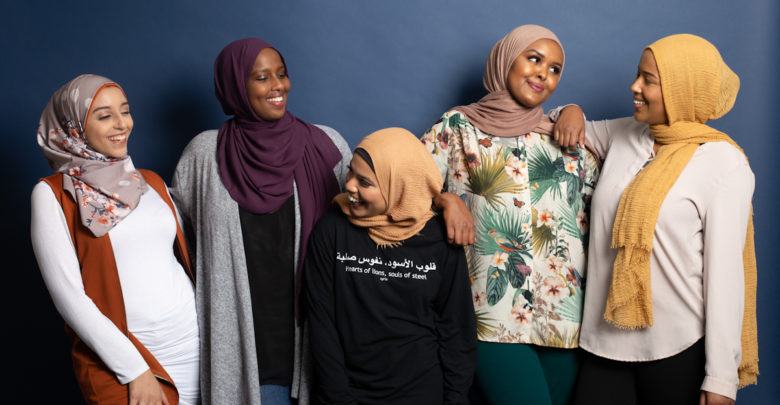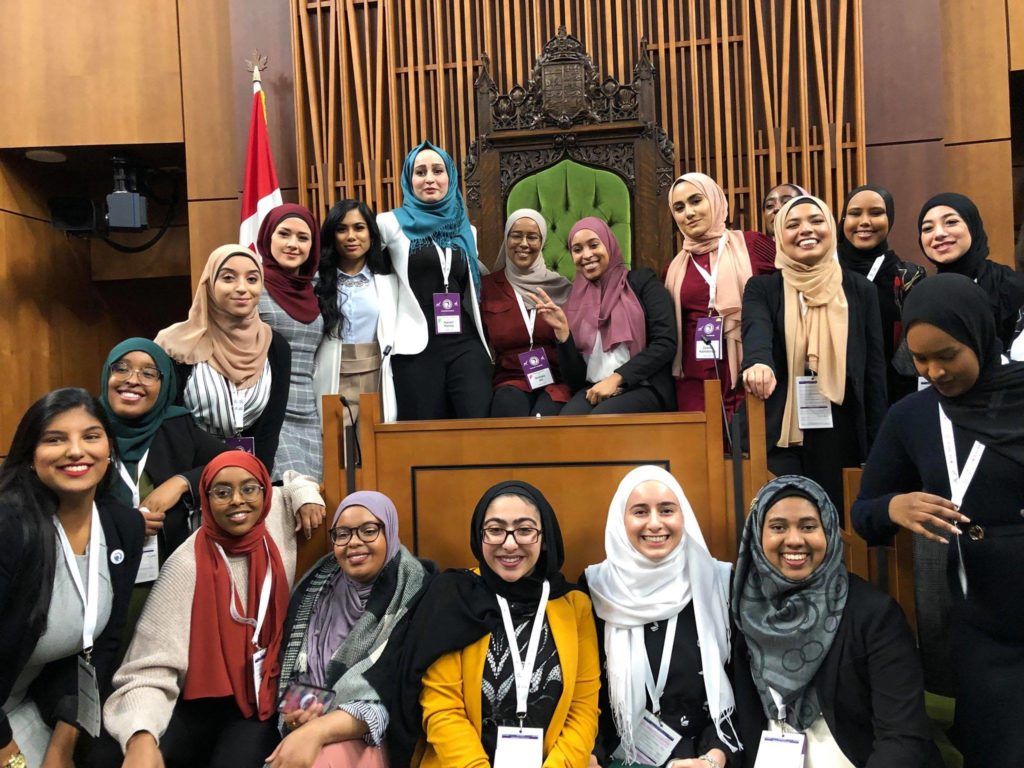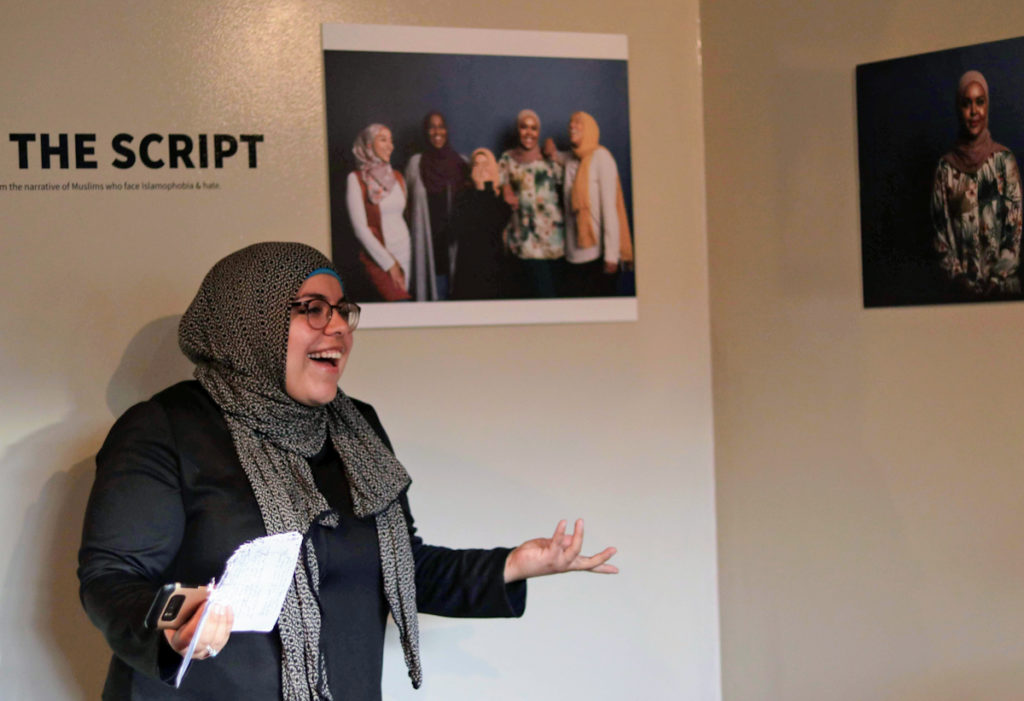Rewriting the Narrative: An interview with Asmaa Ali
Local photographer transforms “hateful” experience into positive message
 Asmaa Ali
Asmaa AliAfter attending a political conference, Asmaa Ali and other Muslim women were subjected to Islamophobia and racism online by hate groups. Ali, a freelance photographer and nursing student at the University of Alberta, created a portrait series called Flip The Script as a response.
The national political conference that Ali took part in was Daughters of the Vote. This was sponsored by the federal organization Equal Voice, an organization dedicated to having more women elected into office. Ali was one of 338 women across Canada to attend the conference.

When Ali checked Facebook after the conference, she noticed that her photo and those of five other attendants were put into a collage. Underneath the photo, there were discriminatory comments written about them by far-right groups. This led to Ali being concerned for her safety; she then contacted the Equal Voice media team. Eventually, the post was discovered and taken down.
“It was so negative with such oppressive discriminatory language and I thought I’m gonna take these pictures that they took from us without our consent and spin this story on its head,” said Ali. “I decided that I was going to take our photos, make them into a portrait series and recreate, repaint and rewrite our own narrative using our own stories.”
The women from the aforementioned Facebook post were featured in Ali’s portrait series. For each photo, Ali spoke to each person about when they had faced discrimination beforehand and how to foster unity. She then made captions for each photos based on what each woman said.
“[Muslim women] are not oppressed, we are absolutely free and we choose to participate in society and politics in our community,” said Ali. “We’re here and we exist in these spaces because we want to push for inclusion, we want to push for equity, we want to push for a more comfortable space for everyone to exist in, not just us.”

These portraits were recently featured at the Mosquers Film Festival, and Ali said that she was pleased with their reception.
“It was great, people would walk through the room and they were really drawn to the colors, the portraits and right away people would go and read the stories that the women had that they told along with their portraits.”
Through this experience, Ali believes in making something positive out of a difficult situation.
“Regardless of whether you faced Islamophobia, hate, discrimination, still the idea of this portrait series is taking the negative to positive and drawing hope and bouncing back and resilience and anything that you faced in the past,” Ali said. “Your best place to grow and your best opportunity for growth is when you hit rock bottom or when you’re struggling and so when an artist struggles there is a lot of beauty in the struggle.”
When asked about the future, Ali intends on continuing with further projects, as there are always more stories to tell. As for the message Ali hopes to spread with her work, she had this to say.
“People should be more positive regardless of the bad things that happen to you in life, you should prioritize resilience and make sure that you take care of yourself, address your trauma and express yourself,” she said. “Use art to heal yourself.”




